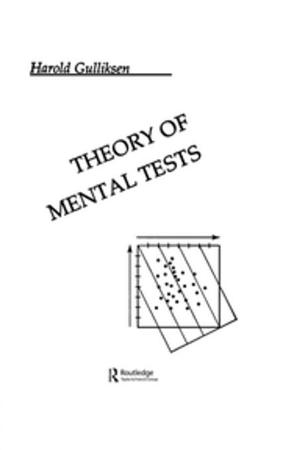The Development and Principles of International Humanitarian Law
Nonfiction, Social & Cultural Studies, Political Science, History| Author: | ISBN: | 9781351545075 | |
| Publisher: | Taylor and Francis | Publication: | July 5, 2017 |
| Imprint: | Routledge | Language: | English |
| Author: | |
| ISBN: | 9781351545075 |
| Publisher: | Taylor and Francis |
| Publication: | July 5, 2017 |
| Imprint: | Routledge |
| Language: | English |
The essays selected for the first part of this volume offer an insight into the development, as distinguished from the history, of international humanitarian law. The focus of the majority of the works reprinted here is on an analysis of the adequacy of the law as it stood at the time of the respective publication and in the light of existing contemporary armed conflicts and military operations. Thus, the reader is afforded an in-depth look at the early roots of international humanitarian law, the continuing relevance of that body of law despite advances in weapons technology and the efforts to progressively develop it. International humanitarian law's development cannot be considered in isolation from its principles. The essays selected for the second part of the volume deal with the two fundamental principles underlying all of international humanitarian law: humanity and military necessity. The articles on the principles of humanity include reflections on the famous Martens Clause, and the analyses of military necessity take no account of 'Kriegsraison'. Moreover, they offer proof of the customary character of the principle of distinction in land, air and naval warfare.
The essays selected for the first part of this volume offer an insight into the development, as distinguished from the history, of international humanitarian law. The focus of the majority of the works reprinted here is on an analysis of the adequacy of the law as it stood at the time of the respective publication and in the light of existing contemporary armed conflicts and military operations. Thus, the reader is afforded an in-depth look at the early roots of international humanitarian law, the continuing relevance of that body of law despite advances in weapons technology and the efforts to progressively develop it. International humanitarian law's development cannot be considered in isolation from its principles. The essays selected for the second part of the volume deal with the two fundamental principles underlying all of international humanitarian law: humanity and military necessity. The articles on the principles of humanity include reflections on the famous Martens Clause, and the analyses of military necessity take no account of 'Kriegsraison'. Moreover, they offer proof of the customary character of the principle of distinction in land, air and naval warfare.















